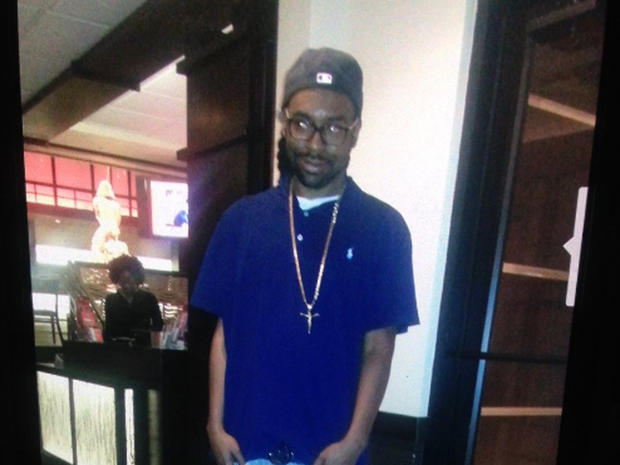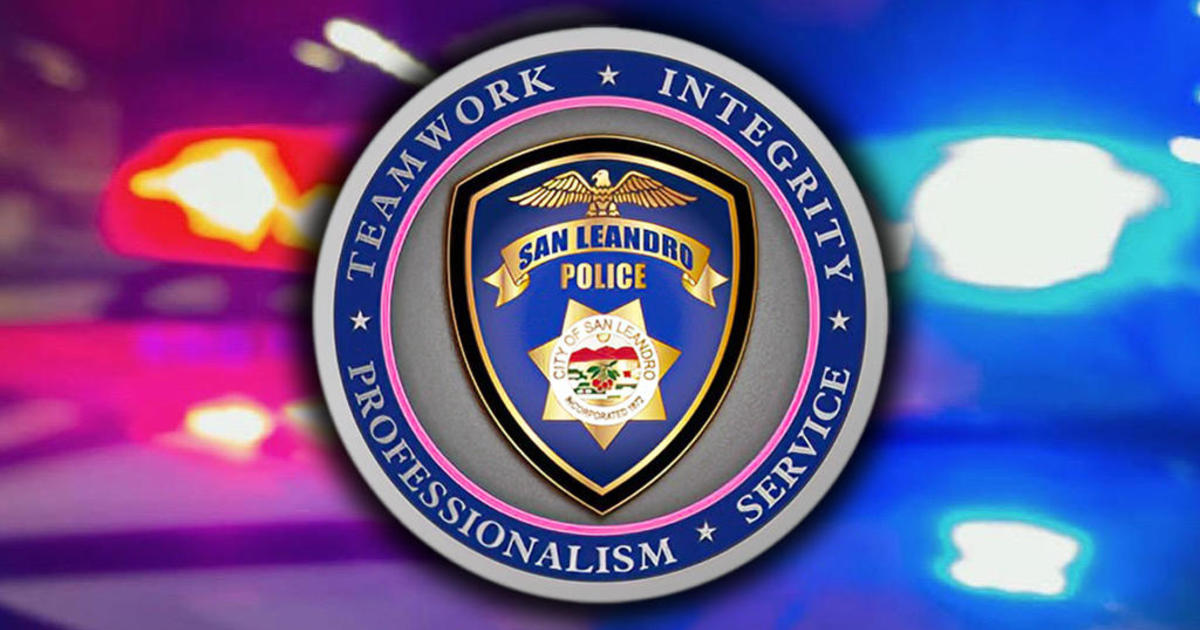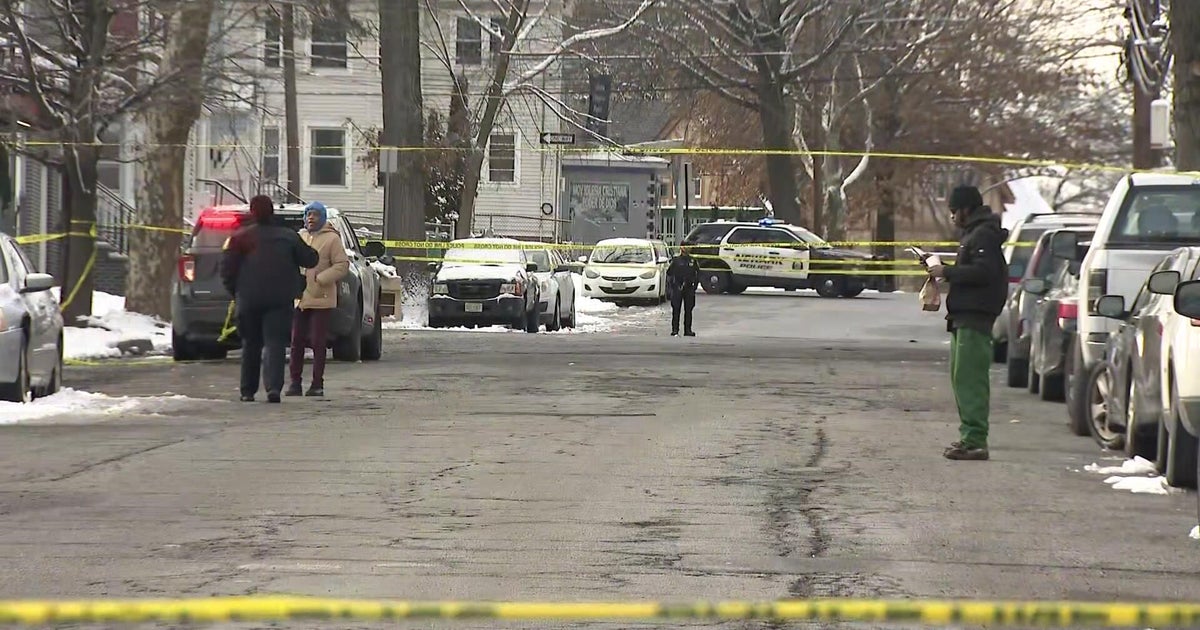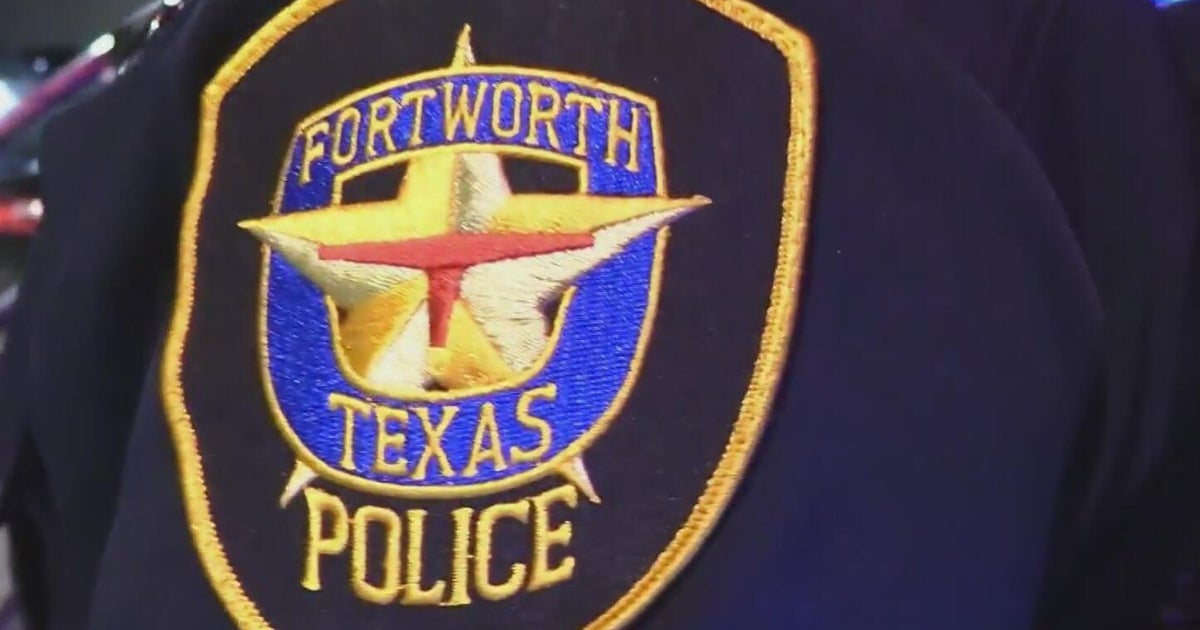Cop who shot and killed Philando Castile says he was "scared to death"
ST. PAUL, Minn. -- A Minnesota police officer charged in the death of a black motorist testified Friday that he was "scared to death" and fired because the man was pulling out his gun and ignoring commands to stop.
Officer Jeronimo Yanez, facing a manslaughter charge in the death of Philando Castile, said he could clearly see the gun that Castile had just told the officer he was carrying.
"I was scared to death. I thought I was going to die. My family's faces popped up in my mind, my wife and baby girl," the 29-year-old Yanez said, his voice choked with emotion.
Closing arguments were expected Monday.
Prosecutors say Yanez's actions were unreasonable. Yanez had pulled the 32-year-old cafeteria worker over because of a faulty brake light. Castile had a permit for his gun, and prosecutors have sought to portray him as being cooperative when he volunteered to Yanez, "Sir, I have to tell you, I do have a firearm on me."
The shooting last July drew widespread attention in part because Castile's girlfriend - who was a passenger in the car along with her then-4-year-old daughter - streamed the aftermath on Facebook.
A central question at trial has been what Yanez saw before firing seven times, barely a minute after he approached the car and just seconds after Castile said he had a gun. Squad car video recorded him telling a supervisor after the shooting that he did not know where the gun was, although it also recorded him saying he told Castile to take his hand off it. Witnesses testified that the gun was in a pocket of Castile's shorts when paramedics removed him from his vehicle.
Asked to explain the recording, Yanez said: "What I meant by that was I didn't know where the gun was up until I saw it in his right thigh area."
Prosecutor Rick Dusterhoft asked Yanez about a statement to investigators that he saw the barrel of the gun before he fired. Dusterhoft said that was significant because it would have meant Castile had the gun all the way out of his pocket when he was shot.
Yanez said he meant to tell investigators that he saw the top of the slide, on the back part of the gun, rather than the barrel. Elliot Erdman, a fellow officer who described Yanez as a close friend, testified that Yanez told him about the misstatement the day after the shooting.
He recounted Yanez as saying: "Crap, I told them barrel. I meant the slide."
Prosecutors have argued that Yanez could have taken lesser steps when Castile told him he was carrying a gun, such as asking to see Castile's hands or asking where the gun was. After Castile told the officer he had the gun, Yanez told Castile, "OK, don't reach for it then," and, "Don't pull it out."
On the squad car video, Castile can be heard saying, "I'm not pulling it out," as Yanez opened fire. Castile's last words were, "I wasn't reaching for it."
Yanez said he felt he had no choice but to shoot. Castile "had total disregard for my commands," he said.
"Did I want to shoot Mr. Castile at all? Those were not my intentions," he said, taking off his glasses at one point and wiping his eyes with a handkerchief.
Yanez said he pulled Castile's car over because the driver gave him a "deer in the headlights" look when he drove past. The officer said he was on alert for a pair of suspects in a convenience store robbery and thought Castile resembled one of the suspects.
Earlier Friday, a use-of-force expert, Emanuel Kapelsohn, testified for the defense that Yanez was justified to shoot if he believed he saw a gun or that Castile was pulling one.
Prosecutor Jeff Paulsen, on cross-examination, asserted that "the ultimate question" in the case was whether Yanez saw a gun. Kapelsohn disagreed, saying the central question to him was whether Yanez "reasonably believed that Castile was pulling out a firearm."
Paulsen also displayed autopsy photos that showed a graze wound to Castile's trigger finger. Paulsen noted the absence of a bullet hole in Castile's shorts or bullet damage to his gun - evidence, the prosecutor said, that showed he wasn't reaching for the gun when shot.
Kapelsohn said it was possible Castile didn't have his hand in or near his pocket at that point.
Defense attorneys argue that Castile was stoned at the time of the traffic stop and it influenced his response to the officer.






